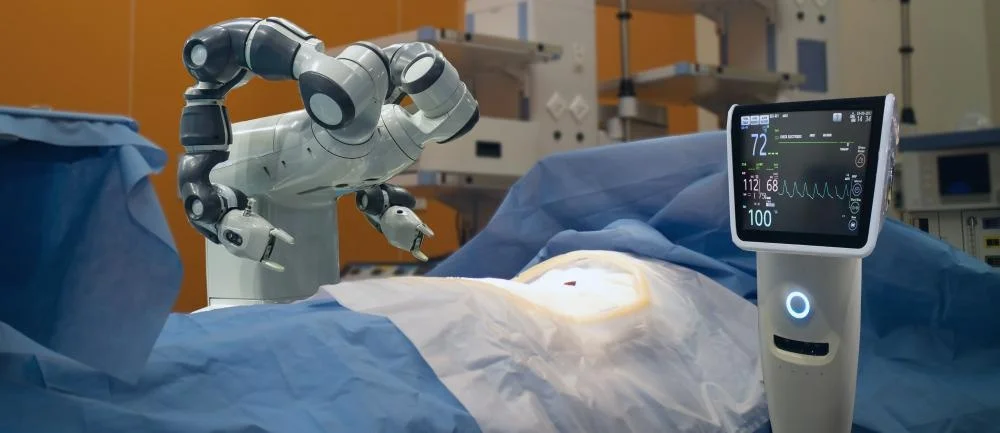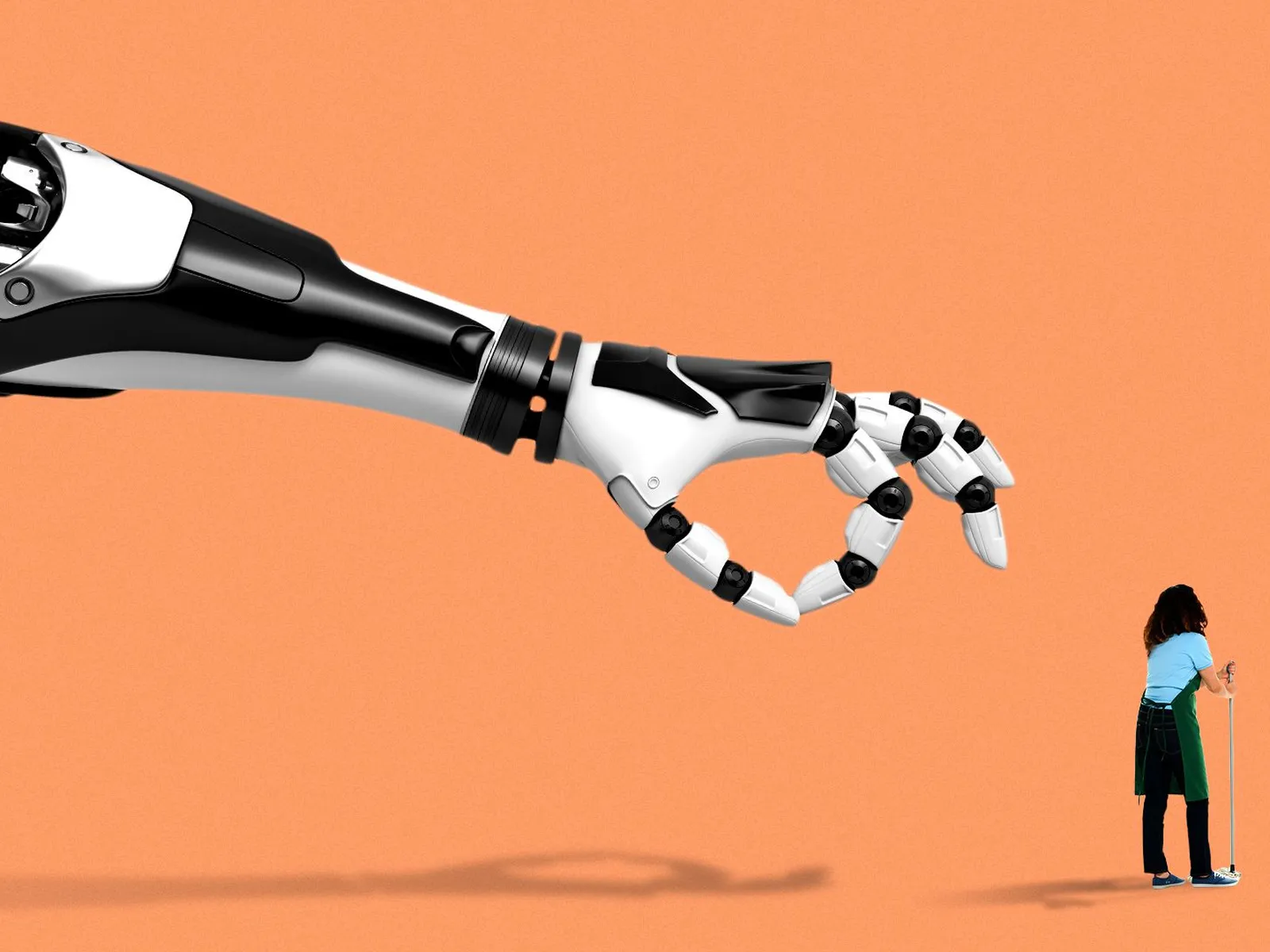The Future of Medical and Healthcare Automation
May 17, 2023
The Future of Medical and Healthcare Automation
Advancements in technology within the past century have led to a momentous shift in various industries, and the field of medicine and healthcare has been the most prominent. From robotic surgical procedures to humanoid caregivers, automation is reshaping the healthcare landscape. While the integration of automation in the medical field provides countless benefits, such as increased efficiency and accuracy, it also raises important ethical questions about the future of healthcare. Are we taking a risk or are we truly benefitting from medical automation?
The evolution of automation in healthcare began with simple automotive tasks such as billing, appointment scheduling, and data management. However, automation in the medical field has since shifted and evolved to more extreme/advanced roles such as direct patient care. Tasks once thought of as “too complicated” for machines, have transformed into AI-powered tools able to detect diseases, assist surgeons in intricate operations, reduce human error, and improve patient outcomes (post-procedure). Furthermore, the emergence of chatbot assistants has created accessible and immediate medical advice for patients from the comfort of their homes.

While medical automation has its pros, there are still many implications for healthcare professionals created by this automation. Firstly, the integration of job automation in the medical field poses concerns about job displacement. Roles, such as medical transcriptionists or administrative staff, will decline in demand as automation takes over. Ethical concerns regarding data privacy and patient consent may also arise: Can machines really decide what is good for us if they are unable to experience human emotions? Furthermore, technology dependence and automotive vulnerabilities will likely grow as well. Relying heavily on automation and AI systems introduces risks such as system failures, glitches, or cyberattacks.
Most importantly, medical job automation creates healthcare inequalities. While automation can improve efficiency and access to care in some cases, it may also widen the gap between those who have access to advanced technologies and those who do not. Implementation costs and infrastructure may not be accessible to certain developing countries or regions. This can result in disparities in the quality of medical/health care and access to advanced treatments between the different socioeconomic groups.

In reality, automation has already transformed the medical community. Though its impact may not be noticeable now, our dependence on technology has only deepened within the past century. The future of healthcare and medicine will undoubtedly continue to be shaped by automation and technological advancements. When human rights are questioned and ethical dilemmas are brought to light, who will be the ones to decide what’s truly best for us?


